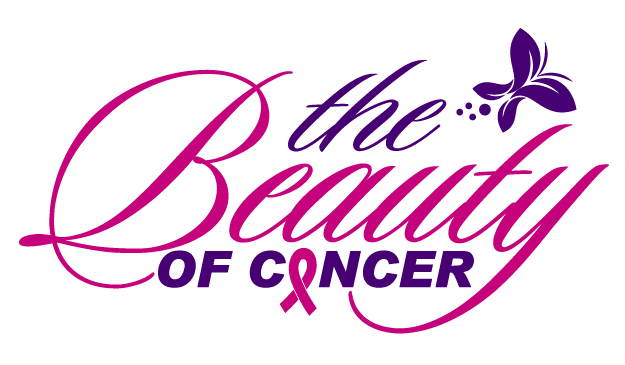If radiation therapy has been recommended as part of your treatment course, it is important that you take good care of your skin during treatment. Although the radiation is targeting the cancer inside the body, the normal tissue cells outside the body on the skin in the area of treatment, also get treated.
The side effects from treating normal skin with radiation can be divided into two groups.
- Those things that occur while you are receiving radiation (acute effects).
- Those side effects that occur after treatment has been completed (late effects).
Acute Radiation Effects
Skin discoloration-darkening & redness
Dryness
Peeling.
Itching
Stinging or Burning
Wet blisters
Late Radiation Effects
Peeling
Light spots
Prolonged skin darkening
Skin thickening
Hair loss
Spider veins or small red marks
These reactions can be worse if you get chemotherapy either before or at the same time as the radiation. Side effects usually develop towards the end of your radiation treatments. They can even occur after treatment has been completed. Everyone’s skin is different. Two different people can get the exact same treatment and have different skin reactions.
There are things you can do to help minimize the risk of a serious skin reaction.
- Keep the skin being treated moisturized. Apply some type of moisturizer to the treatment area at least twice a day. Do not apply to skin within 4 hours before your treatment, as this could increase the likelihood of a skin reaction. Your doctor may give you recommendations of creams to use. Be sure to apply to all areas including where the beam enters and exits the body. Your doctor can show you where to apply cream.
- Drink plenty of water.
- If you starting itching or burning, please tell your doctor. Your doctor will prescribe a cream that will help.
- Use a mild soap and water to clean the area being treated. Avoid fragrances.
- Be gentle with your skin by using a soft washcloth while showering or bathing. Do not use a loofah, scrubs brushes or sponges. Pat the skin dry, instead of rubbing it.
- Wear loose-fitting, cotton clothing to reduce skin irritation.
- Protect your skin from the sun. You should wear clothing and hat to cover up and stay in the shade.

After your treatment is completed. The treated skin will be more sensitive sun exposure.
- If you got a skin reaction, continue to use the cream prescribed by your doctor, until it heals.
- Continue to moisturize the treated skin daily.
- Use sunscreen everyday– SPF 30 or higher. Reapply every 2 hours if outdoors.
- Spider veins can be treated with laser therapy.
Despite following these tips, it is still possible to get a skin burn. Developing a burn is also dependent on the dose of radiation that gets to the skin. Your doctor will be able to tell you the likelihood of burning based on the dose you will be receiving.
Nothing is 100% effective. Over the years, I’ve found that no cream works better than any other. Aqupahor, Eucerin, Cetaphil, Aloe Vera Gel, etc., all work about the same.
The thought of radiation can be scary. But you can calm the fear of a bad skin reaction by following these tips.



